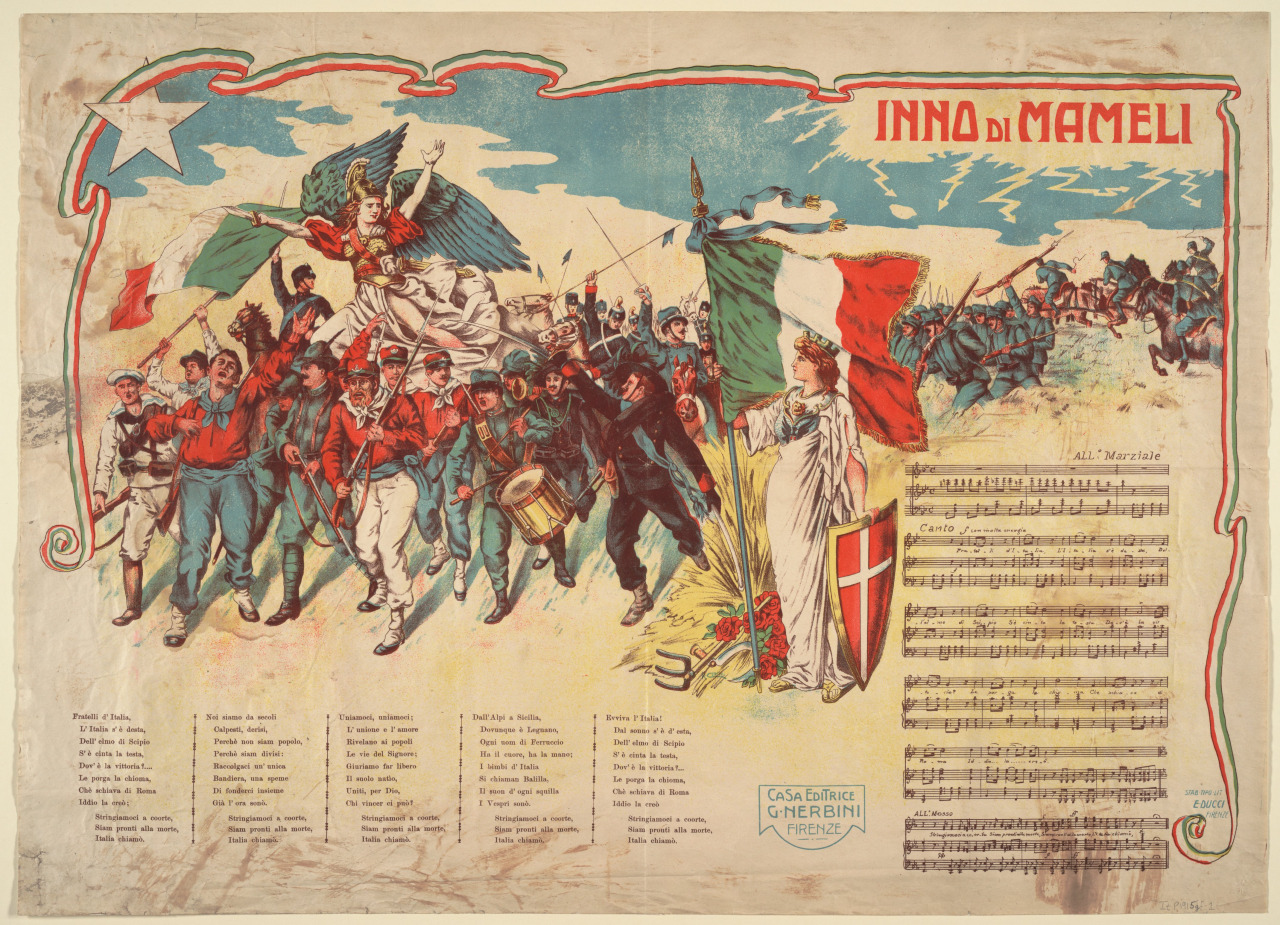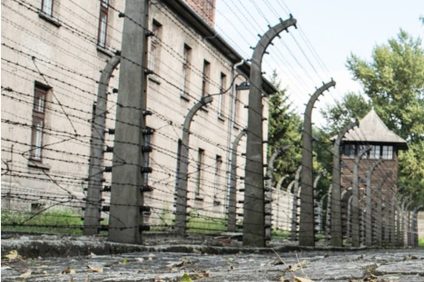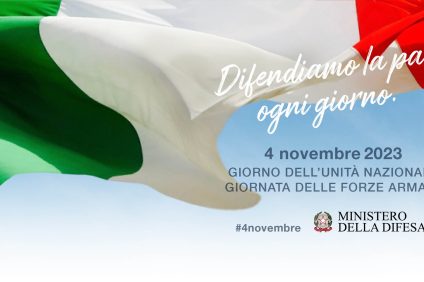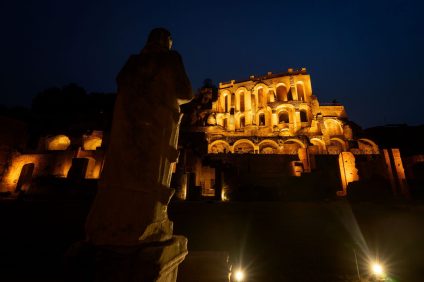The first performance of the Inno degli Italiani is celebrated, the national anthem of Italy, better known as Hymn by Mameli or Brothers of Italy. The Italian national anthem has a whole story Genoese. It made its debut on 10 December 1847, in the Piazzale del Santuario di Nostra Signora di Loreto, in the Genoese district of Oregina, on the hills behind the Porto Antico. The first execution commemorated the Genoese republican resistance to the Austrians, during the eighteenth-century occupation, due to the War of the Austrian Succession.
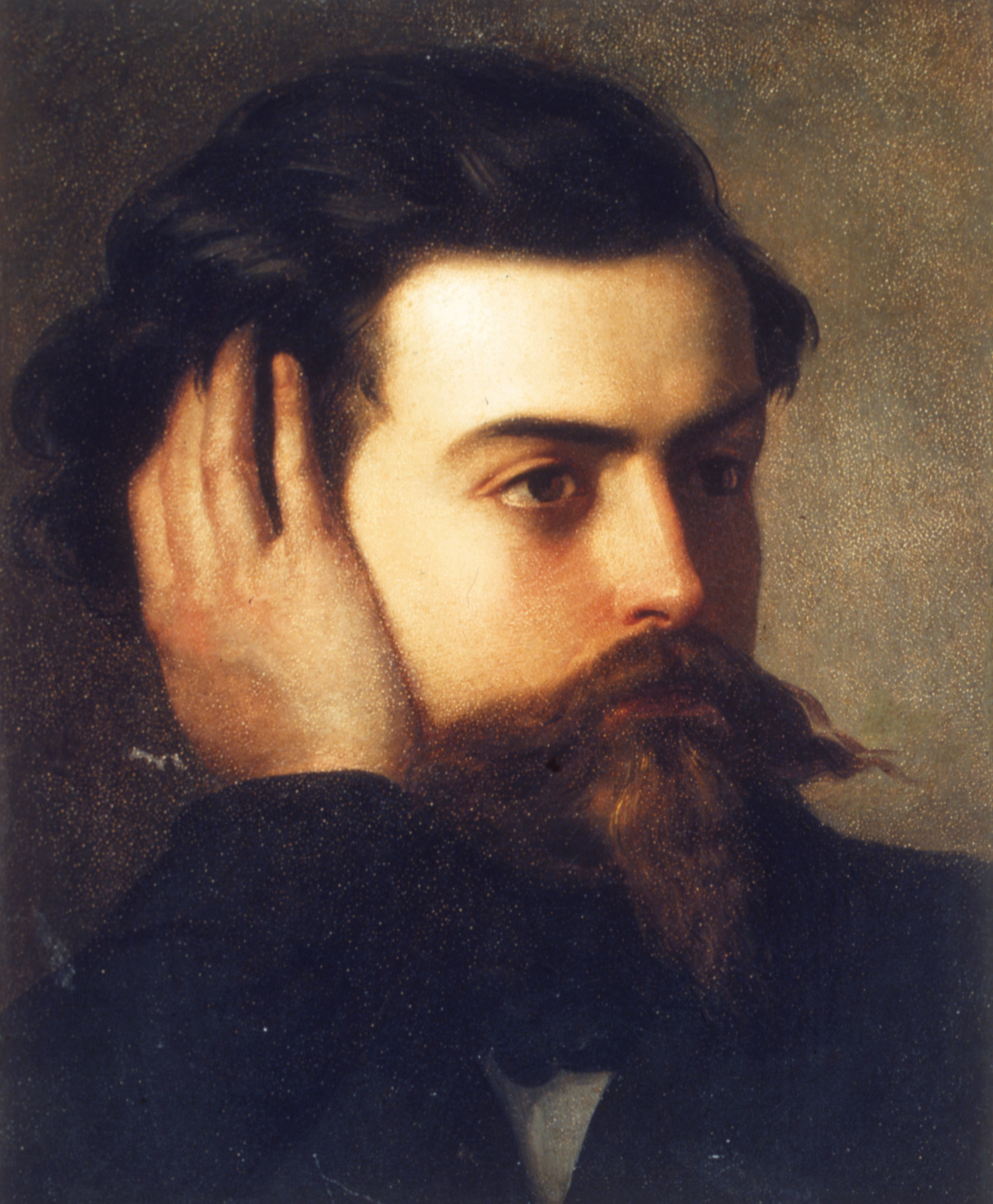
Goffredo Mameli, writer of the hymn
Perhaps there was a previous execution in Genoa Voltri, which took place a month before that. Since the Mameli family was from Voltrese and to the brother of Goffredo Mameli (1827-1849), Nicola, a deputy from Voltri, we owe the foundation of the Voltrese Philharmonic and the Mameli Sports Society, victorious in several national water polo championships in the years between the two wars . In reality, what today is our national anthem was written by the adolescent Goffredo Mameli in the college of Carcare (Savona hinterland). His father was rear admiral, his great-great-grandfather was Sardinian and had been consul of Charles VI of Habsburg at the Savoy court. The hymn of the very young Goffredo (born in 1827) was set to music in 1847, in fact, by the Genoese Michele novaro.
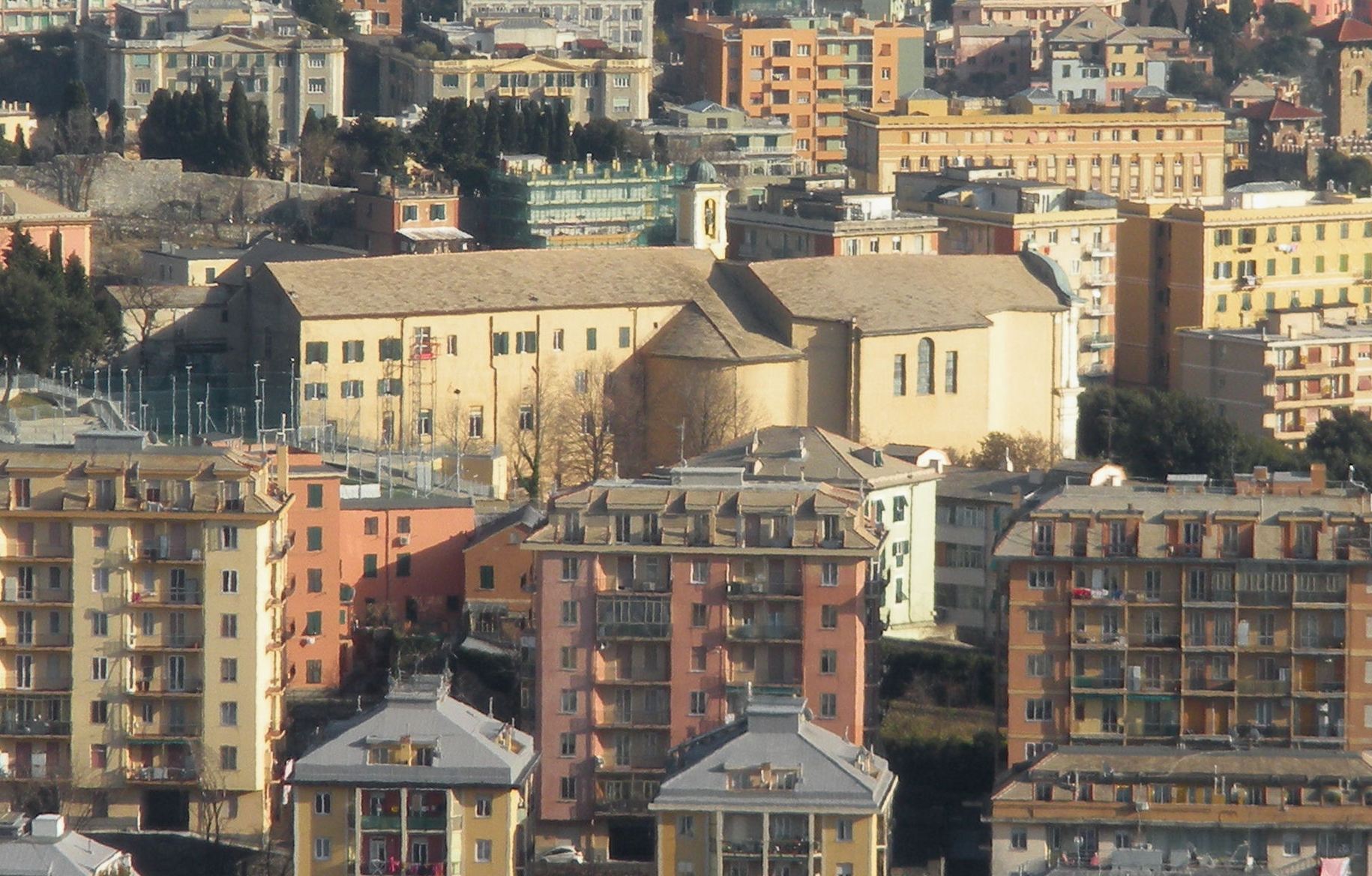
The hymn
The performance of the hymn remained a "political crime" in Italy until the end of the First World War (1918). It became a "de facto" national anthem at the end of the Second (1945), and a "de facto" national anthem only from 2017! At first (from 1861) the national anthem was the Royal March of the Savoy (former anthem of the Kingdom of Sardinia, imposed on all other annexed regions), during Fascism it was D'Annunzio's song Giovinezza. In fact, Goffredo Mameli was a convinced republican, inflamed by libertarian ideals, indigestible to a large part of the Italian ruling class until relatively recent decades. However, his song and his name were the inspiration of the Justice and Freedom Brigades, the liberal socialist resistance to Nazi-fascism. Especially if you listen to or read the hymn in its entirety, it is also a hymn to the union of Europeans.
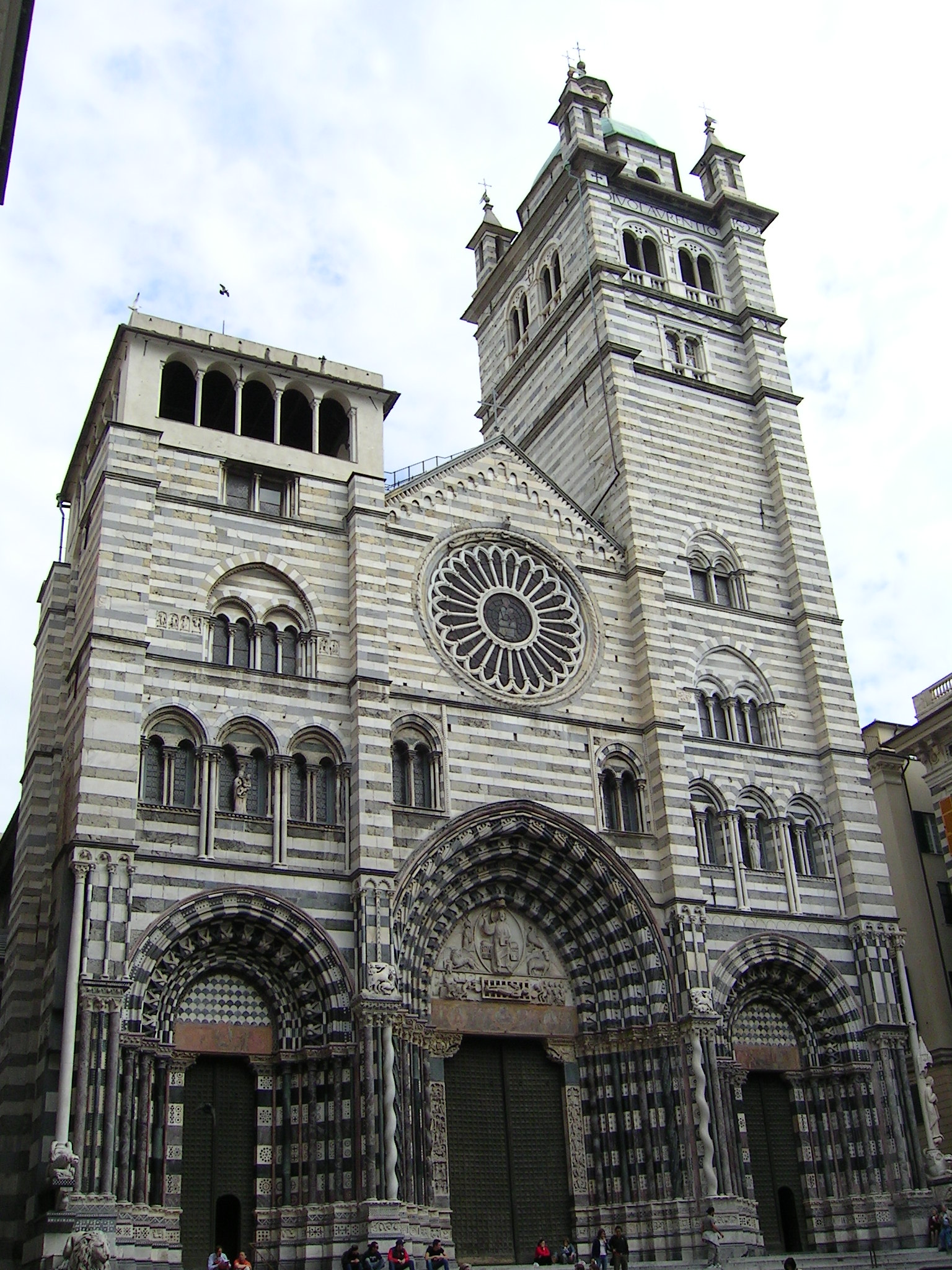
The era of the hymn
In fact, it was written at a time when regional monarchies, such as the Savoy, annexed territories to enlarge their domains and build nation-states, but the European international youth felt united by the struggle for freedom. Twenties Hungarians, Poles, Germans, French, Czechs, Slovaks, Romanians, Serbs, Italians, Irish, Catalans, Greeks fought for common ideals. Many moved and joined the struggles of the brothers of ideals, sacrificed their lives. Everyone sublimed their experiences into poems, some became hymns, without their having been able to see it. They dreamed of a utopian world that put its roots in antiquity with a great rediscovery of history. In the tragedy, European integration was mysteriously forged. The pro-European impetus was then interrupted by the totalitarianisms and nationalist egoisms that led to the two world wars.
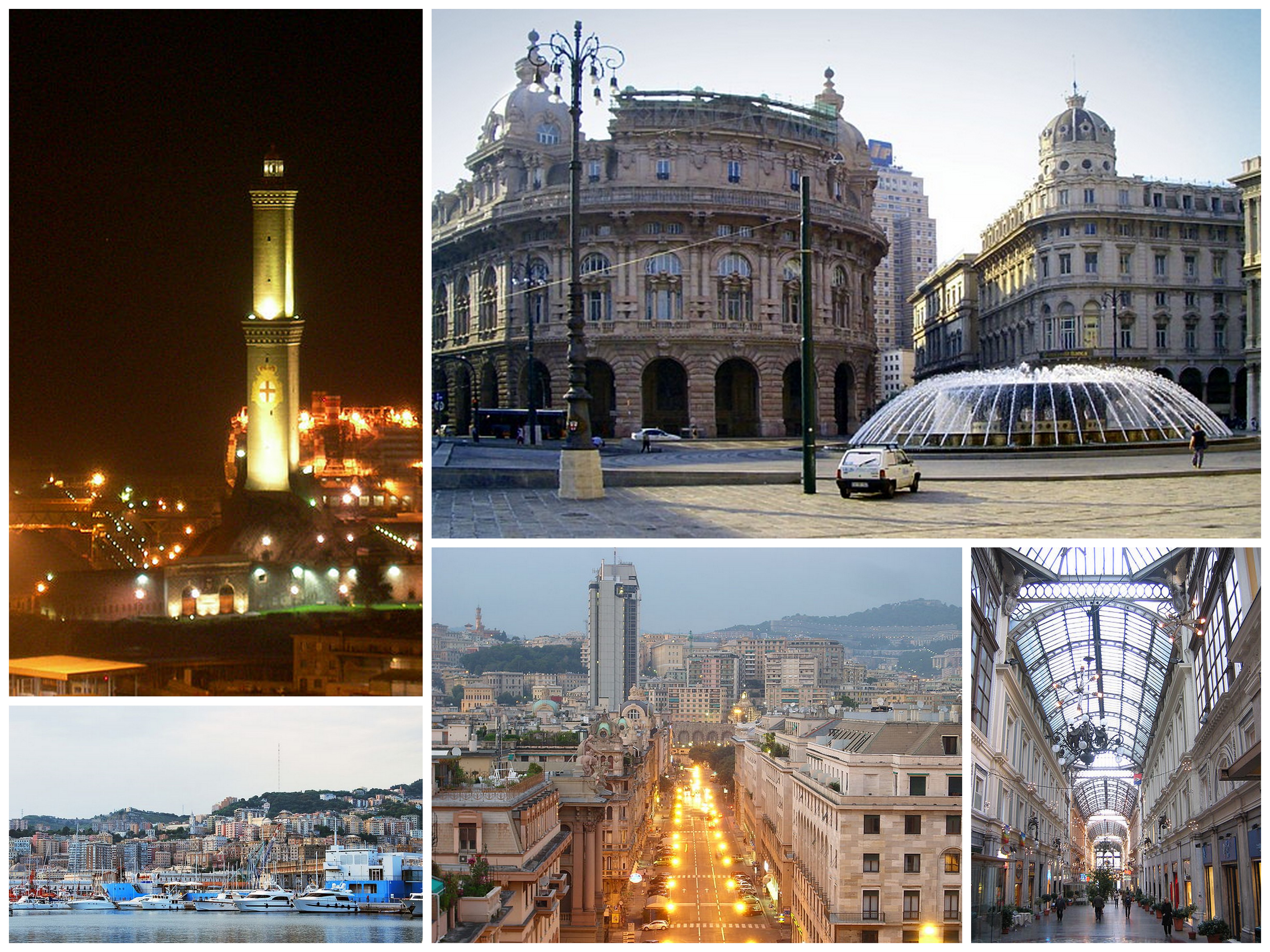
Mameli young European
The twenty-one year old Goffredo Mameli died of gangrene in the leg, after a month of agony. He was wounded defending the Roman Republic, a very short political experiment in Mazzinianism carried out. He fell fighting against the French soldiers, mercenaries of the Pope, alongside leaders who were then willing to sacrifice the ideals of all those young people to a national unity, ultimately achieved by people and methods who shared very little of those ideals.

A hymn you can be proud of
Therefore the hymn of Mameli remains magnifico, not only when the national football team wins, precisely because of its history. It is the story of a little more than a teenager, full of always young ideals, who died tragically. A long clandestine hymn and opposed precisely for its ideals. It questions our national civic conscience much more than we think, it calls us to be brothers with the Italians and with the Europeans and with all men, from all local and social backgrounds, as the boys of the Mameli era felt.

